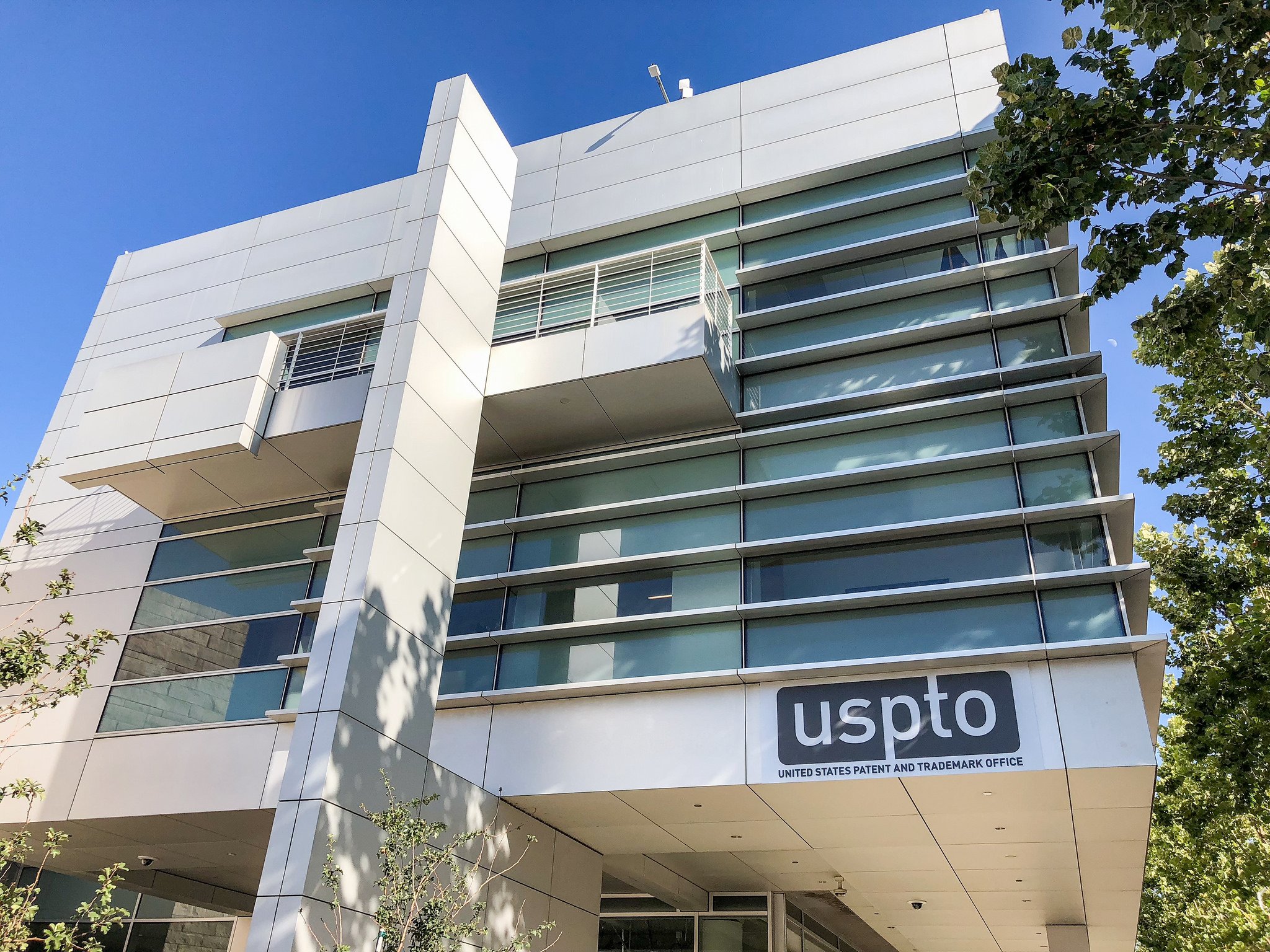Stanford and Molecular diagnostics company CareDx, Inc., filed a lawsuit against Natera on March 26 for alleged patent infringement on two different U.S. Patents related to “non-invasive diagnosis of graft rejection in organ transplant patients.” Stanford had exclusively licensed the technology from these patents to CareDx.
Graft rejection, or transplant rejection, occurs when transplanted tissue is destroyed by the immune system of the transplant recipient.
Both patents cover a DNA-based diagnostic technology for monitoring organ transplant rejection through a blood test. CareDx alleges that Natera’s marketing claims and plan to commercialize a new kidney transplant rejection tests are an infringement of their intellectual property.
Finding non-invasive methods of tracking graft rejection has been an active area of research, as the current standard of care is an invasive biopsy that has risks of complications and patient discomfort.
Technology to detect heart-transplant rejection more efficiently than a biopsy was first created by bioengineering and applied physics professor Stephen Quake B.S. ’91, M.S. ’91, along with a team of Stanford researchers in 2014. The diagnostic relies on measuring the DNA of the organ donor in the blood of the recipient via a “cell-free DNA test.” This donor DNA acts as a biomarker that can be measured and monitored over time to assess organ transplant rejection.
While the original research was funded by the National Institutes for Health (NIH) and the Howard Hughes Medical Institute, Stanford licensed the patent to CareDx when it acquired ImmunMetrix in 2014. Quake consults for and has equity in CareDx. The company aimed to bring heart-transplant rejection testing technology from the bench to the clinic as a diagnostic test.
After the initial research was published in the journal “Science Translational Medicine,” Quake commented on the applicability of the technology to the clinic.
“This test appears to be safer, cheaper and more accurate than a heart biopsy, which is the current gold standard to detect and monitor heart-transplant rejection,” Quake stated. “We believe it’s likely to be very useful in the clinic.”
The technology was validated in 2014 and quickly began competing with industry rivals, including the commercially available AlloMap, which touted a technology that instead tracked organ rejection via analyzing response of recipient immune cells. Results demonstrated that using cell-free DNA improved accuracy when compared to AlloMap. More facile and less invasive detection ultimately reduces the risk of irreversible damage to the transplanted organ.
Based in Brisbane, California, CareDx, Inc. is a transplant diagnostics company focused on the discovery, development and commercialization of clinically differentiated, high-value diagnostic solutions for transplant recipients.
Natera, previously known as Gene Security Network, is headquartered in San Carlos, California, and specializes in diagnostics analyzing microscopic quantities of DNA for reproductive health and other applications.
Stanford is named as a plaintiff in the lawsuit. The University was the original owner of the patents and the licenser of the patent to CareDx.
“The lawsuit was filed by CareDx,” wrote University spokesperson EJ Miranda in an email to The Daily. “As an exclusive licensee, CareDx has the right to bring this suit. Stanford is named because we are the registered owner of the patents. We have no additional comment regarding this litigation.”
The official statement by CareDx corroborates the role of Stanford in the lawsuit.
“Stanford is joined in the suit as a necessary party because it is the registered owner of these patents,” the statement reads.
Specifically, CareDx claims two clear infringements by Natera. CareDx argues that Natera’s first violation is associated with the similarity of the steps that Natera uses for its kidney rejection tests, including extraction of cell-free DNA and amplification of the donor-derived DNA, followed by the use of next-generation sequencing.
CareDx claims the second infringement is Natera’s practice of genotyping transplant recipients in kidney transplant rejection tests.
For these two alleged infringements, CareDx is seeking monetary damages, court costs, attorneys’ fees and an court order barring Natera from further patent infringement.
In response, Natera claimed its technology is unique and does not infringe on the patents, since Natera’s test does not require knowledge of the genetic makeup of the donor, unlike CareDx’s test.
“We are not surprised that CareDx would attempt to disrupt the imminent commercialization of Natera’s innovative organ transplant rejection test, which does not require donor genotyping, and will compete with CareDx’s older test,” reads Natera’s official statement. “In recently published studies, Natera demonstrated superior analytical and clinical test performance.”
CareDx maintained its position, with CEO Peter Maag writing in a statement that the company “will continue to monitor activities in the transplant field and vigorously defend [its] intellectual property where appropriate to protect [its] substantial investments and leadership position.”
Contact Yash Pershad at ypershad ‘at’ stanford.edu.
